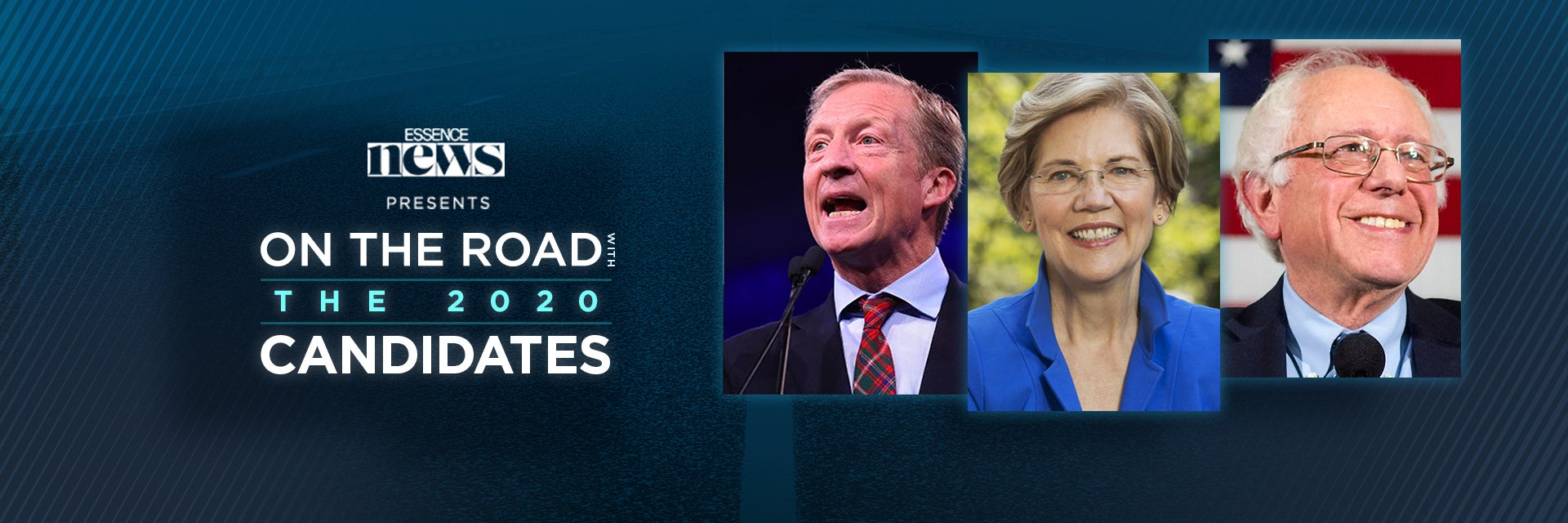Three days before South Carolinians were set to cast their 2020 primary votes, Amy Klobuchar stood before a crowd of Black faith leaders and asked them for her support. She was poised, assertive, deliberate, even. And her reception among the majority Black crowd was, indeed polite. But what the Rev. Al Sharpton said to the Democratic hopeful before leaving the National Action Network breakfast was indicative of what so many people there felt.
“You and Pete don’t know no Black people,” Sharpton quipped as Klobuchar prepared to exit the stage. And while she heeded the comment with a nervous smile, the senator from Minnesota could not deny that his words rang true.
Klobuchar was open about her strategy to win the nomination. Focus her efforts on the overwhelmingly white electorate of Iowa and New Hampshire, and then essentially scramble her way to the finish line from there. This, despite knowing that African Americans, and Black women even more specifically, remain the Democratic Party’s base.
That Saturday, Klobuchar would appear in lockstep with the Rev. Al Sharpton, activist Melanie Campbell, and other Black leaders at a march to commemorate “Bloody Sunday,” a pivotal moment in the Civil Rights movement where the Rev. Dr. Martin Luther King Jr. and other champions of equal rights were brutally attacked by police on a walk from Selma to Montgomery. But by that night, any semblance of a chance that the former prosecutor could become the party nominee had vanished. She came in sixth in the “First in the South” primary, and former vice president Joe Biden walked away with 60 percent of the Black vote.
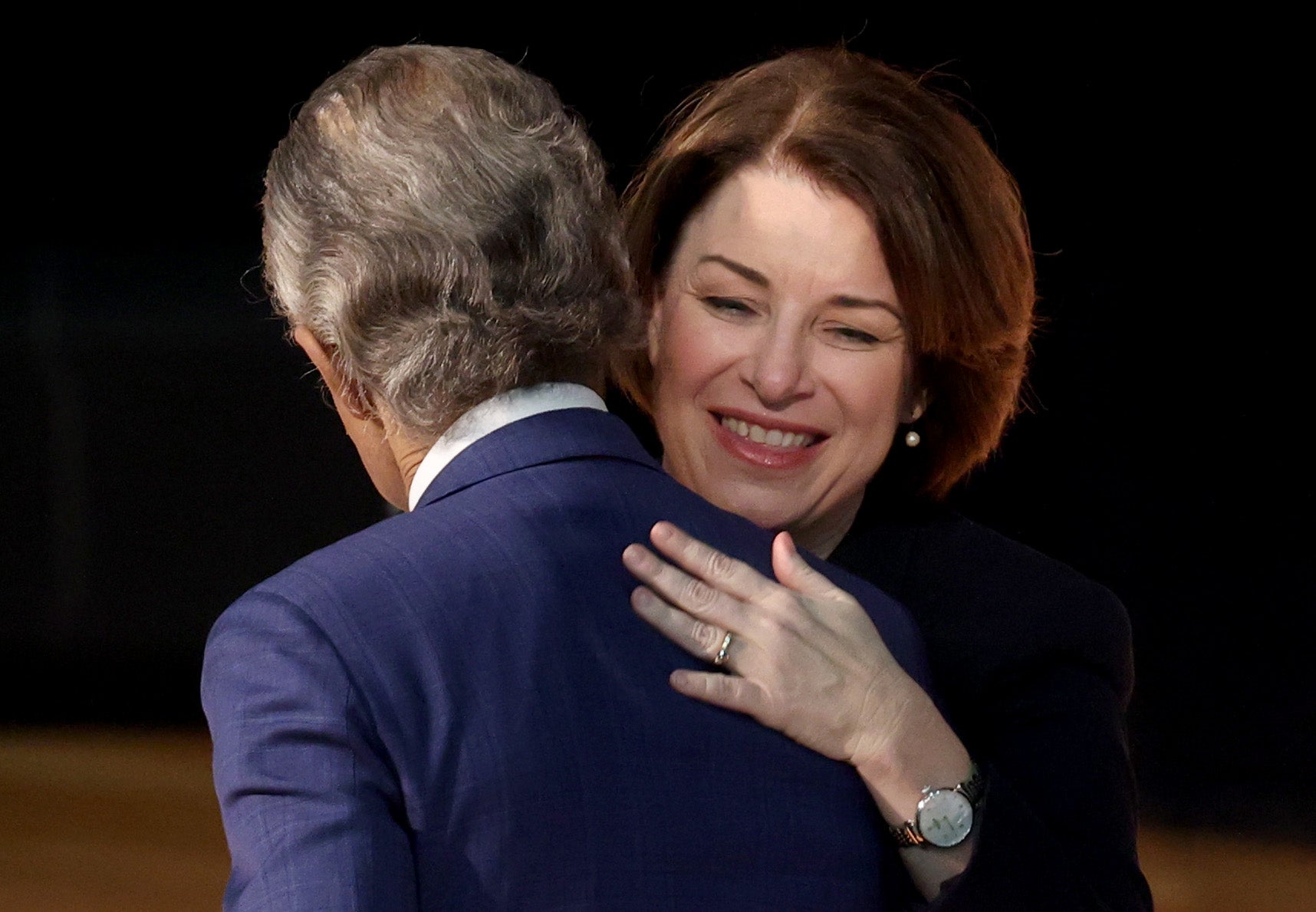
Biden’s win in the Palmetto State marked a turning point in the 2020 primary election. With a strong endorsement from House Majority Whip Jim Clyburn, he further solidified his favor among Black voters. It’s something that a number of the once-considered top-tier candidates, like Klobuchar, struggled with. Former South Bend, Indiana, Mayor Pete Buttigieg failed to make headway with the Black electorate, choosing to suspend his campaign after South Carolina and prior to Super Tuesday voting.
Campbell, the founder of Black Women’s Roundtable (BWR) a nonprofit organization that works to mobilize African Americans to participate in our democracy, put it like this, “You can’t get out of the primaries without tapping into Black women voters. You just can’t.” Campbell explains to ESSENCE just moments after Biden was named the victor in South Carolina that Black women comprise too large of a percentage to be ignored. “If you’re trying to get delegates, and you only focus on the Midwest, you’ve lost. They’re delegate-rich in the South, Virginia, and Florida, and Georgia and all these states, and if you don’t have any Black outreach — for Democrats anyways, I’m not saying the same for Republicans, obviously — but the Democrats, that’s a problem.”
Klobuchar had little to no Black outreach. But there are candidates like Buttigieg, who made multiple stops in the state, even taking ESSENCE cameras along for one of those tours, and still floundered with the electorate. An even greater example of this is Sen. Elizabeth Warren.
While in Charleston, Warren was joined by singer/songwriter John Legend who said he backed the senator because she uniquely understands that lived experiences have created centuries of trauma and harm for African Americans that will “require solutions that are specifically targeted to the community.”
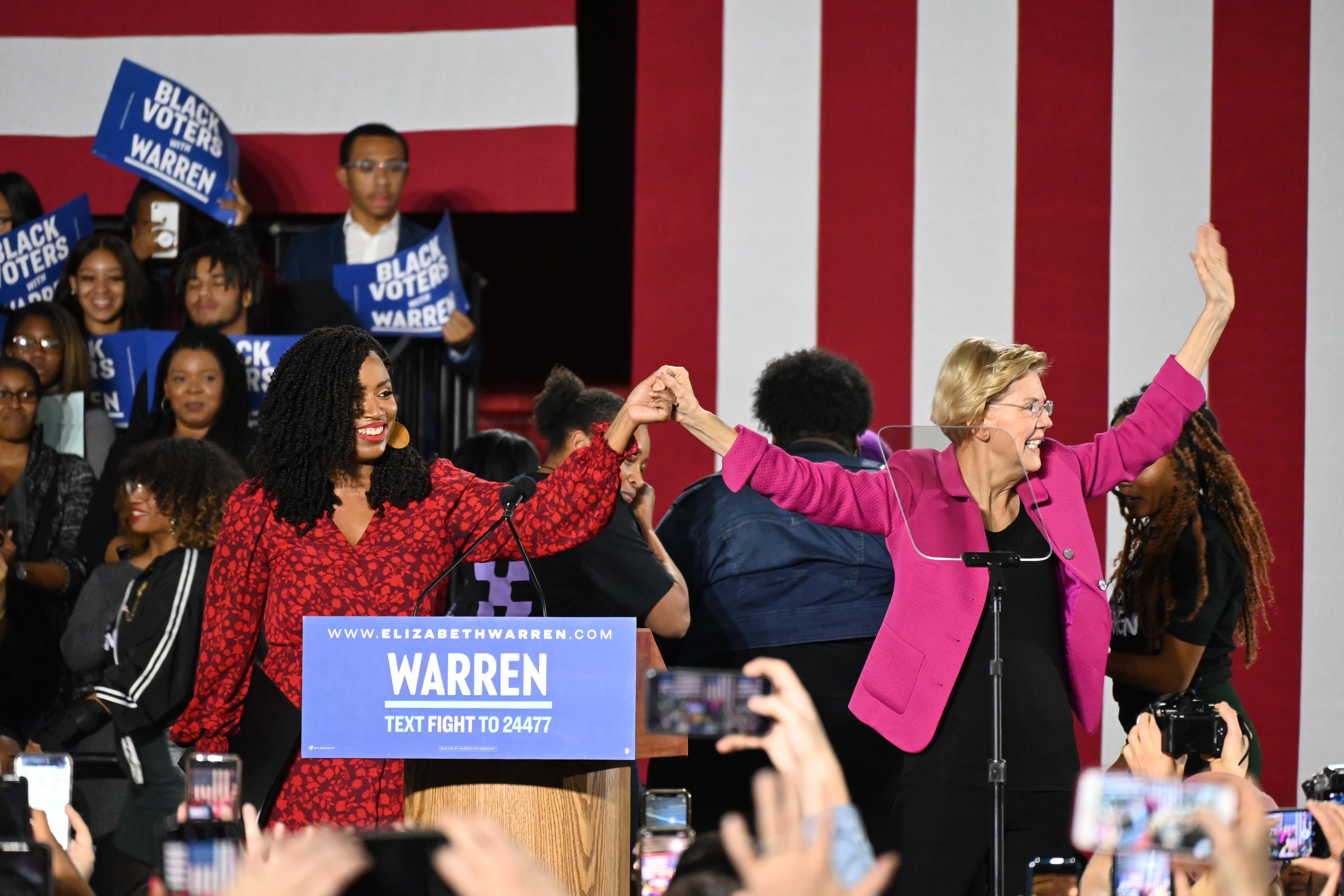
He positioned her as the woman who had a plan to move the country away from its inequitable state. Congresswoman Ayanna Pressley, Black Lives Matter Co-founders Alicia Garza and Patrisse Cullors (who also endorsed Sen. Bernie Sanders), #OscarSoWhite creator April Reign, and a coalition of Black activists known as Black Womxn For, all echoed Legend’s sentiments. And, still, Warren came in fifth after Buttigieg in the southern state.
Elie Mystal, Justice Correspondent for The Nation, broke it down like this, “My read of the South Carolina vote is that Black people know exactly what they’re doing, and why. Joe Biden is the indictment older Black folks have issued against white America. His support is buttressed by chunks of the Black community who have determined that most white people are selfish and cannot be trusted to do the right thing. They believe if you make white people choose between their money and their morality—between candidates like Sanders or Elizabeth Warren (who somehow finished fifth in South Carolina, behind Pete Buttigieg) and candidates like Biden and Michael Bloomberg—they will choose their money every time and twice on Election Day.”
When ESSENCE spoke to Warren one-on-one after her Charleston town hall, she passionately confessed, “I want to make real change. Progressives are going to have just one chance at transformative change. We need a leader with unshakeable values and a track record for getting stuff done.” A swath of Black women took her at her word, but her disappointing finish in both the South and in the states who cast votes on Super Tuesday, further proves that Black voters are not a monolith.
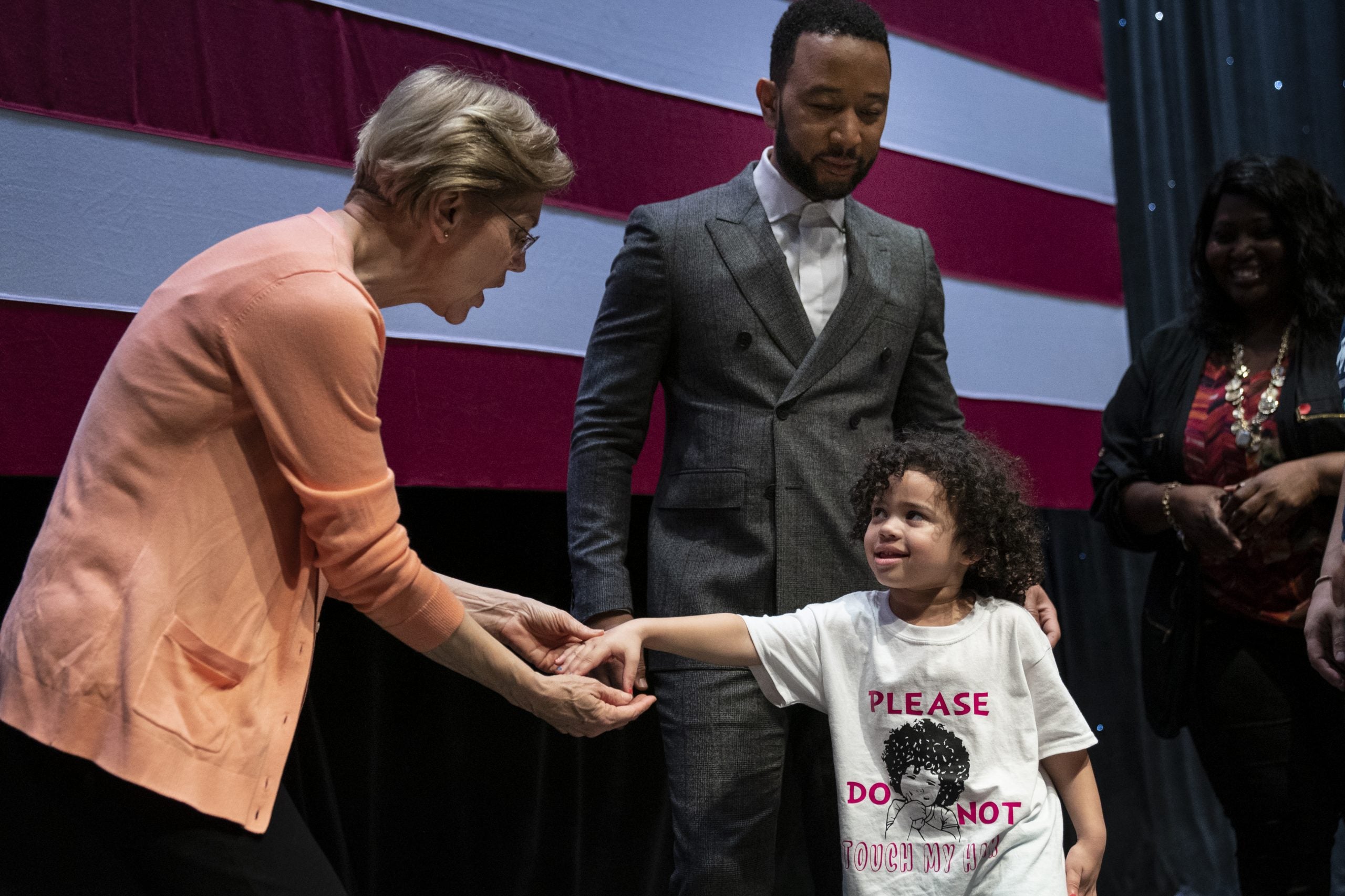







While Bernie Sanders walked away from the South Carolina race a clear favorite among younger, Black voters, poll after poll indicates that what we collectively care about the most in this election cycle is replacing Donald Trump. For an increasing majority, Joe Biden represents the safest of bets in a matchup against the country’s current leader, despite his multiple gaffes, his concerning voting record, and his lackluster performance on the campaign trail. Though Biden remains too moderate for some, Bernie Sanders appears too far left for many more. His policies and proposals speak to the core of systemic issues that burden Black communities — HBCU funding, affordable healthcare, criminal justice reform, education — but his inability to rally Black support, as well as the support of voters outside of the party, have seemingly positioned him as an unsafe gamble when the stakes are already so high.
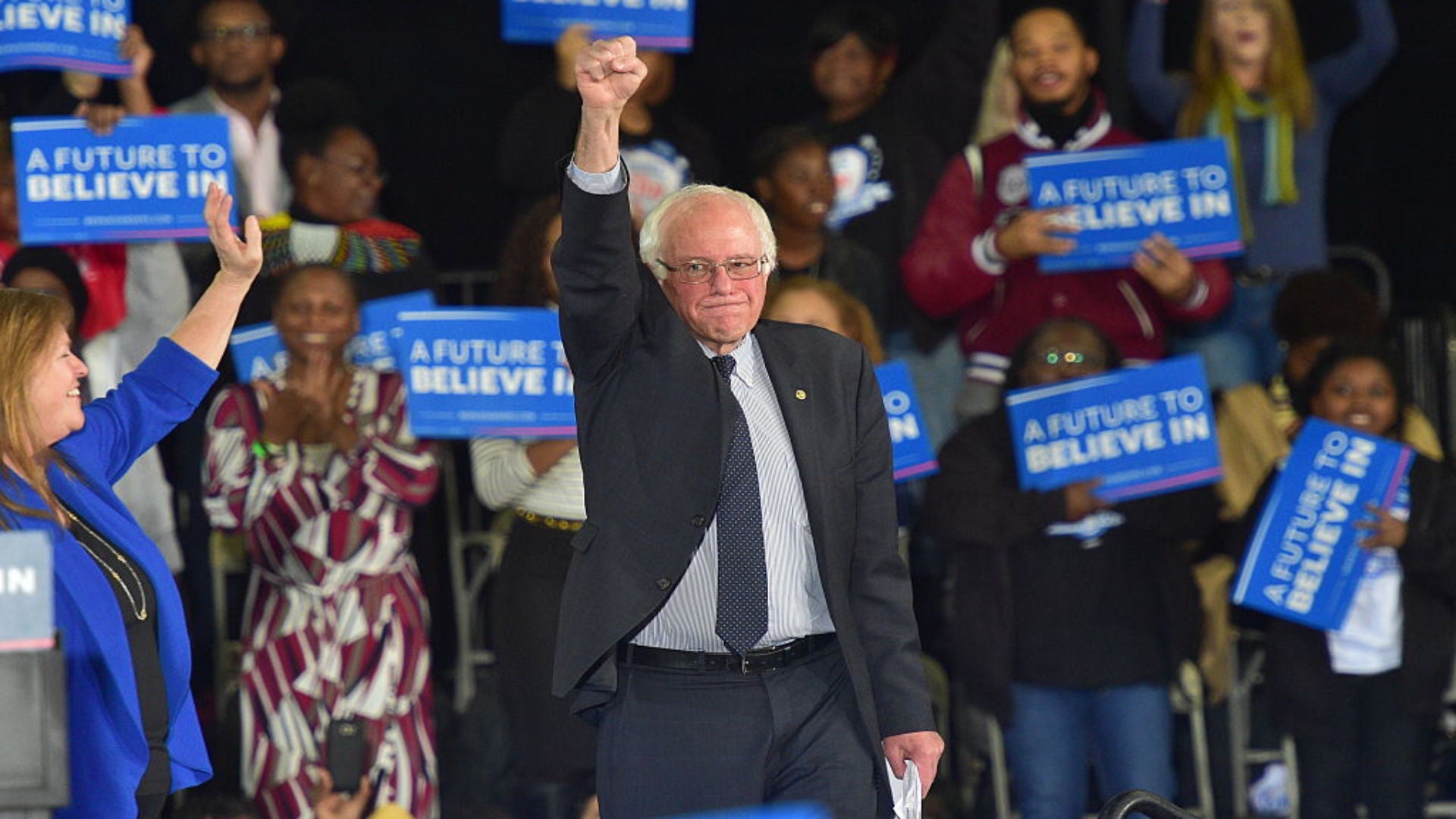
In the last week, former candidates Sen. Kamala Harris, Sen. Cory Booker, and entrepreneur Andrew Yang, along with hundreds of thousands of voters who went to the polls on March 10th, determined that Joseph Robinette Biden was in the most ideal position to carry the nation forward. This includes a large electorate of Mississippi voters. Exit polls there found that roughly two-thirds of the Democratic voters in Mississippi are Black, which is even higher than South Carolina’s 60 percent. And about 75 percent of the people who voted on Tuesday said that Biden best understands the concerns of Black people.
“Black voters across the South, especially in South Carolina and Mississippi have sent a strong message nationwide,” Guy King, national democratic operative said. “We are coming out to the polls in mass numbers in support of candidates who come to our communities to talk to us about issues impacting our everyday lives. As elections across the country continue, I hope candidates are listening to Black people, particularly those in the South, because we have something to say.”
